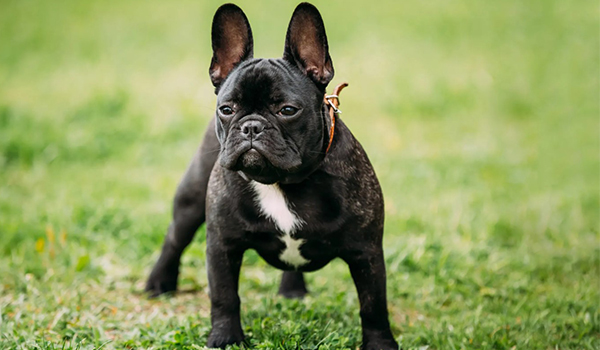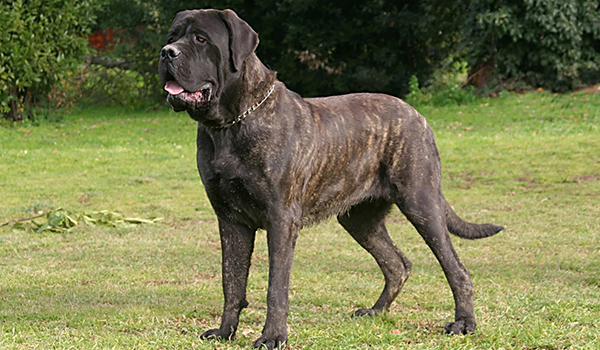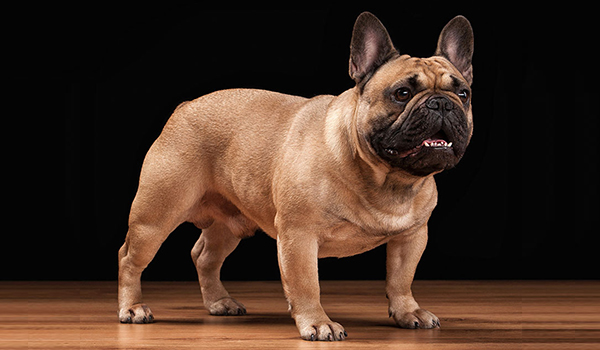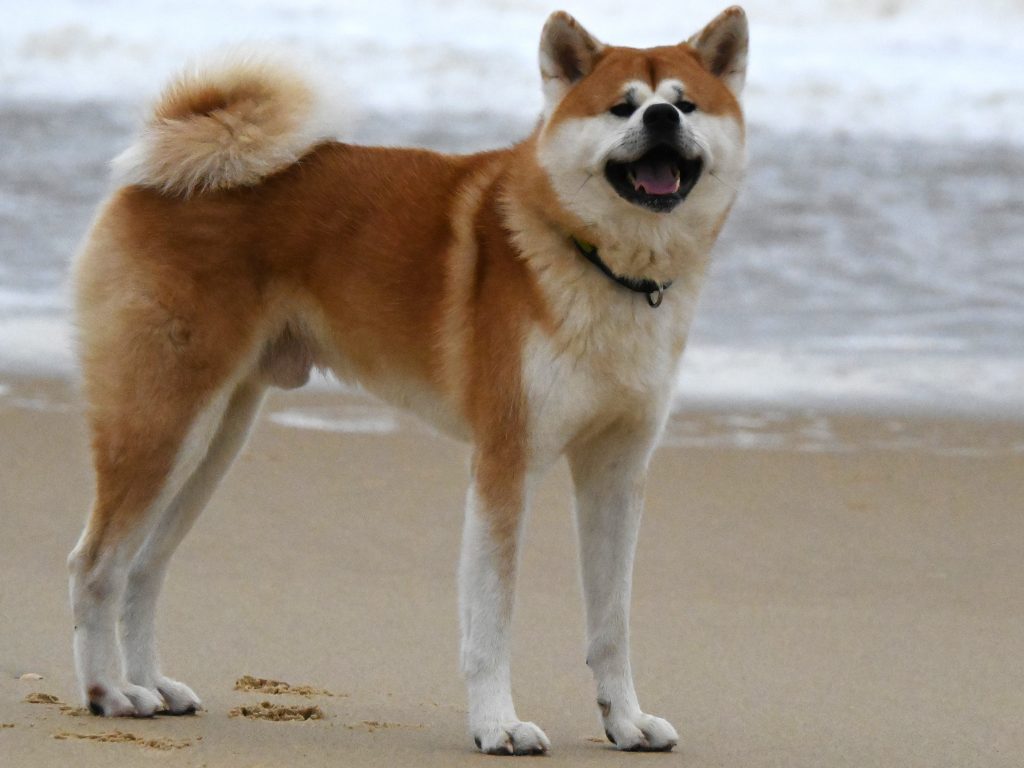
The Akita is a breed of majestic dignity, profound loyalty, and formidable presence. A symbol of good health and happiness in their native Japan, they are more than just a powerful dog; they are a national treasure. With a bear-like head, sturdy build, and deeply reserved nature, the Akita is a breed for a very specific type of owner—one who values unwavering loyalty and independent spirit above all else.
This comprehensive guide will explore the reality of life with an Akita to help you determine if you have the experience, leadership, and dedication to earn the trust and respect of this magnificent and complex breed.
Breed Overview
- Group: Working
- Height: 24 – 28 inches (at the shoulder)
- Weight: 70 – 130 pounds (females are typically smaller)
- Life Span: 10 – 13 years
- Coat: A double coat with a thick, soft undercoat and a straight, coarse outer coat that stands off from the body. It comes in various colors, including white, brindle, and pinto. Colors are brilliant and clear.
- Note: There are two types: the American Akita (larger, bear-like head, more varied colors) and the Japanese Akita Inu (more fox-like head, limited colors). This guide focuses on the general traits shared by both.
A Brief History: The Noble Guardian of Japan
The Akita’s history dates back hundreds of years in the Akita Prefecture of Japan. They were originally known as “Matagi,” hunting dogs capable of tracking large game like wild boar, deer, and the Yezo bear. Their courage and strength made them formidable hunters.
In the 17th century, they were crossed with larger breeds for dogfighting, but when the practice was banned, the breed was refined back to its original Spitz-type appearance. The most famous Akita, Hachiko, who waited for his deceased owner at a train station every day for nearly ten years, cemented the breed’s reputation for unparalleled loyalty. The breed was designated a Japanese National Monument in 1931.
The Akita Temperament: Dignified, Loyal, and Aloof
The Akita’s temperament is a complex blend of deep devotion and fierce independence. They are not a typical gregarious, eager-to-please dog.
- Loyal & Devoted to Family: Their loyalty to their family is legendary and profound. They form an intense bond with their owners and are often aloof with outsiders, making them exceptional natural guardians.
- Dignified & Courageous: They carry themselves with a noble and calm demeanor. They are fearless and will not hesitate to protect their family if they perceive a genuine threat.
- Reserved & Aloof with Strangers: They are typically quiet and observant, not immediately friendly with people they don’t know. This is a breed characteristic, not a fault.
- Independent & Strong-Willed: Bred to think and act independently while hunting, they possess a strong will and can be stubborn. They require a confident owner who can provide firm, consistent leadership.
- Same-Sex Aggression: This is a well-known and powerful trait in the breed. Akitas are often intolerant of other dogs of the same sex, and serious fights can occur. Early socialization is critical but does not guarantee compatibility.
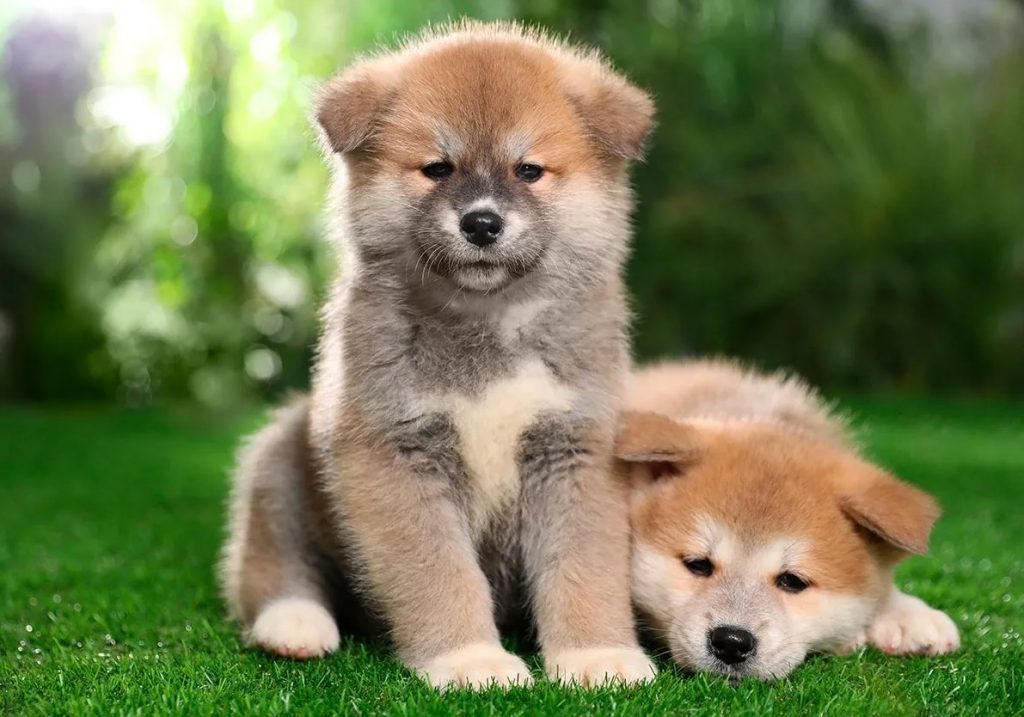
Caring for Your Akita
Exercise: Quality over Quantity
Akitas are not high-endurance athletes but require daily moderate exercise to maintain physical and mental health.
- Daily Requirements: 30-60 minutes of daily activity is sufficient. This should include leashed walks and playtime in a securely fenced yard.
- Mental Stimulation: They are intelligent and enjoy activities that engage their minds, but their independent nature means they are often content with calm companionship.
- A Secure Environment: A tall, sturdy fence is non-negotiable. Their high prey drive means they will chase small animals, and their protective nature requires secure containment.
Grooming: Manageable but Prolific Shedding
The Akita’s double coat is designed for harsh weather and requires regular maintenance.
- Brushing: Brush 2-3 times a week with an undercoat rake and slicker brush to manage shedding. They “blow” their entire undercoat heavily twice a year, during which time daily brushing is essential.
- Bathing: Bathe infrequently, only as needed. Their coat is naturally clean and odor-resistant.
- Other Needs: Regular nail trimming, ear cleaning, and teeth brushing.
Training: Early Socialization is Paramount
Training an Akita requires expertise, patience, and a deep understanding of canine psychology.
- Socialization is Non-Negotiable: This is the single most important aspect of raising a well-adjusted Akita. From a very young age, they must be positively and continuously exposed to a wide variety of people, places, sounds, and other animals. This helps build confidence and prevents over-protectiveness.
- Firm, Fair, and Consistent Leadership: They require a calm, confident owner who sets clear and consistent rules. Use positive reinforcement methods, but be prepared to be firm. They respect authority but will test boundaries.
- Obedience is for Safety: Training is not about tricks; it is about ensuring you can control a powerful animal. A reliable recall and a solid “leave it” command are essential for safety.
- Seek Professional Help: Enrolling in obedience classes with a trainer experienced in dominant, independent breeds is highly recommended.
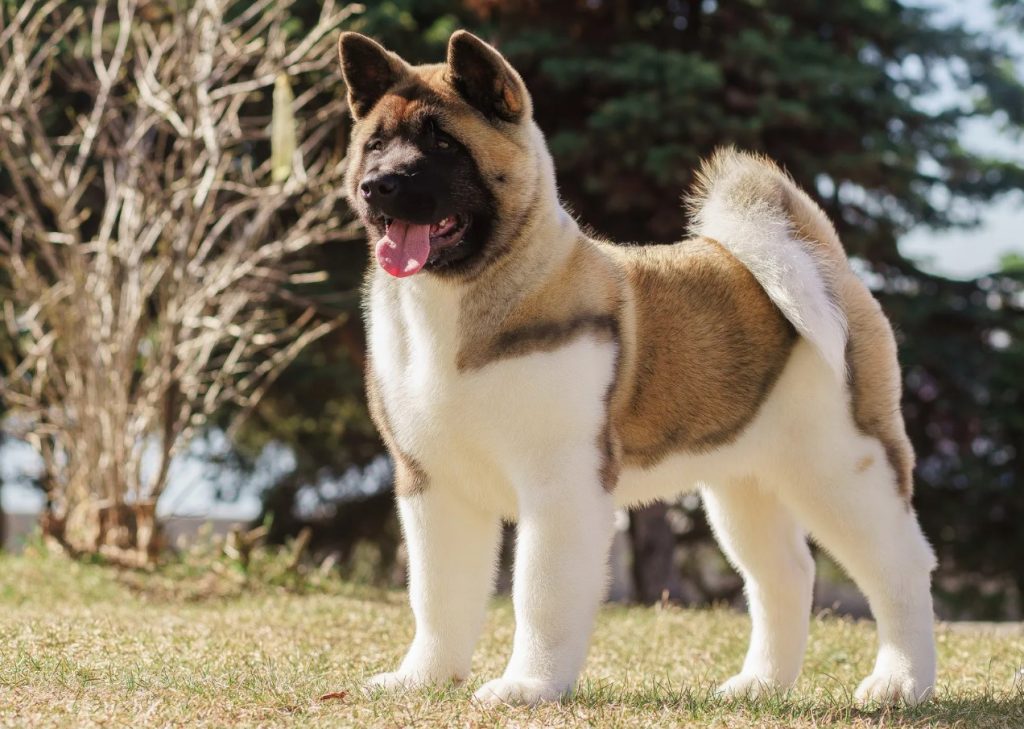
Health: What to Be Aware Of
Akitas are generally robust but prone to certain genetic conditions. Responsible breeding is critical.
- Hip and Elbow Dysplasia: Common in large breeds, this can lead to arthritis and pain.
- Autoimmune Disorders: Akitas can be prone to various autoimmune issues, including Sebaceous Adenitis (a skin disease) and Vogt-Koyanagi-Harada-like syndrome (an eye and skin disease).
- Hypothyroidism: A manageable thyroid disorder that can cause weight gain and skin problems.
- Bloat (Gastric Dilatation-Volvulus): A life-threatening emergency that affects deep-chested breeds. Preventative measures are important.
Is an Akita Right For You?
An Akita might be your perfect match if you:
- Are an experienced dog owner who understands canine behavior and pack dynamics.
- Want a loyal, dignified, and quiet indoor guardian.
- Can provide firm, calm, and consistent leadership without the use of harsh force.
- Are committed to extensive, lifelong socialization.
- Have a secure home environment with a strong fence.
You should absolutely reconsider if you:
- Are a first-time dog owner.
- Want a dog that is friendly and outgoing with everyone.
- Have other dogs, especially of the same sex.
- Have a busy social life with many visitors.
- Are looking for a highly obedient, eager-to-please breed.
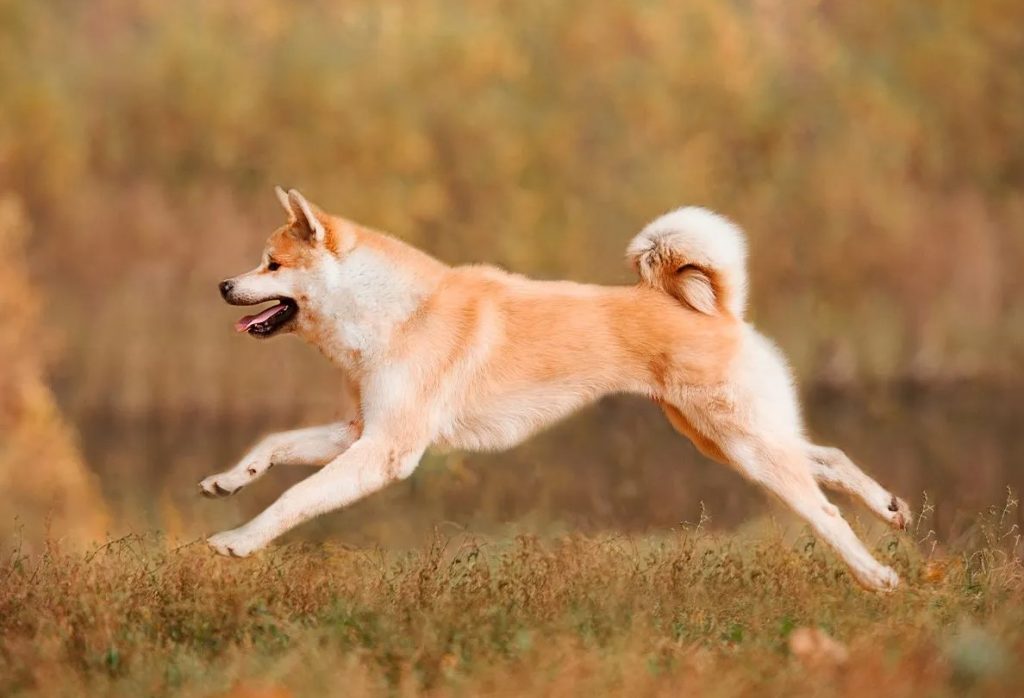
Finding Your Akita
- Reputable Breeders: This is the most important step. A responsible breeder will:
- Health Test: Provide OFA certifications for hips and elbows and thyroid tests.
- Focus on Temperament: Breed for stable, sound nerves—not extreme aggression or shyness.
- Be a Resource: They will interview you extensively and serve as a mentor throughout the dog’s life.
- Rescue & Shelters: Akita-specific rescues are common. Many dogs end up there due to owners being unprepared for their strength, temperament, or same-sex aggression. Adopting an adult Akita is a task for an expert only.
Understanding the Cost: The initial purchase price from a reputable breeder in the U.S. is high, typically $1,500 to $3,000+. The lifetime cost of ownership must include potential veterinary care for breed-specific issues, professional training, and higher liability insurance.
Bringing an Akita into your life is not merely getting a pet; it is entering into a profound bond of mutual respect. In return for your dedicated leadership, socialization, and care, you will gain the most loyal and devoted guardian imaginable—a dog whose love, once earned, is absolute and unwavering.

